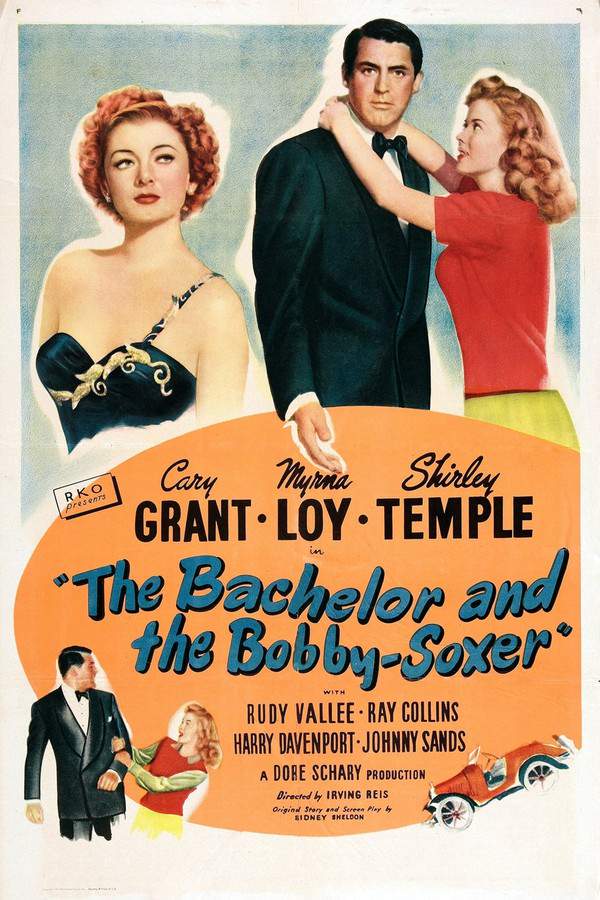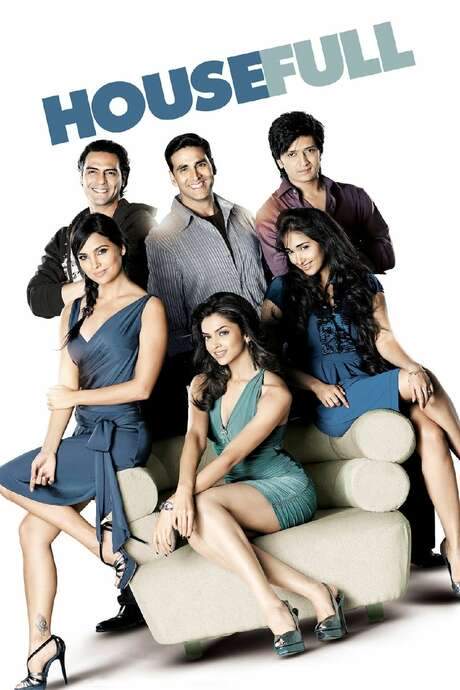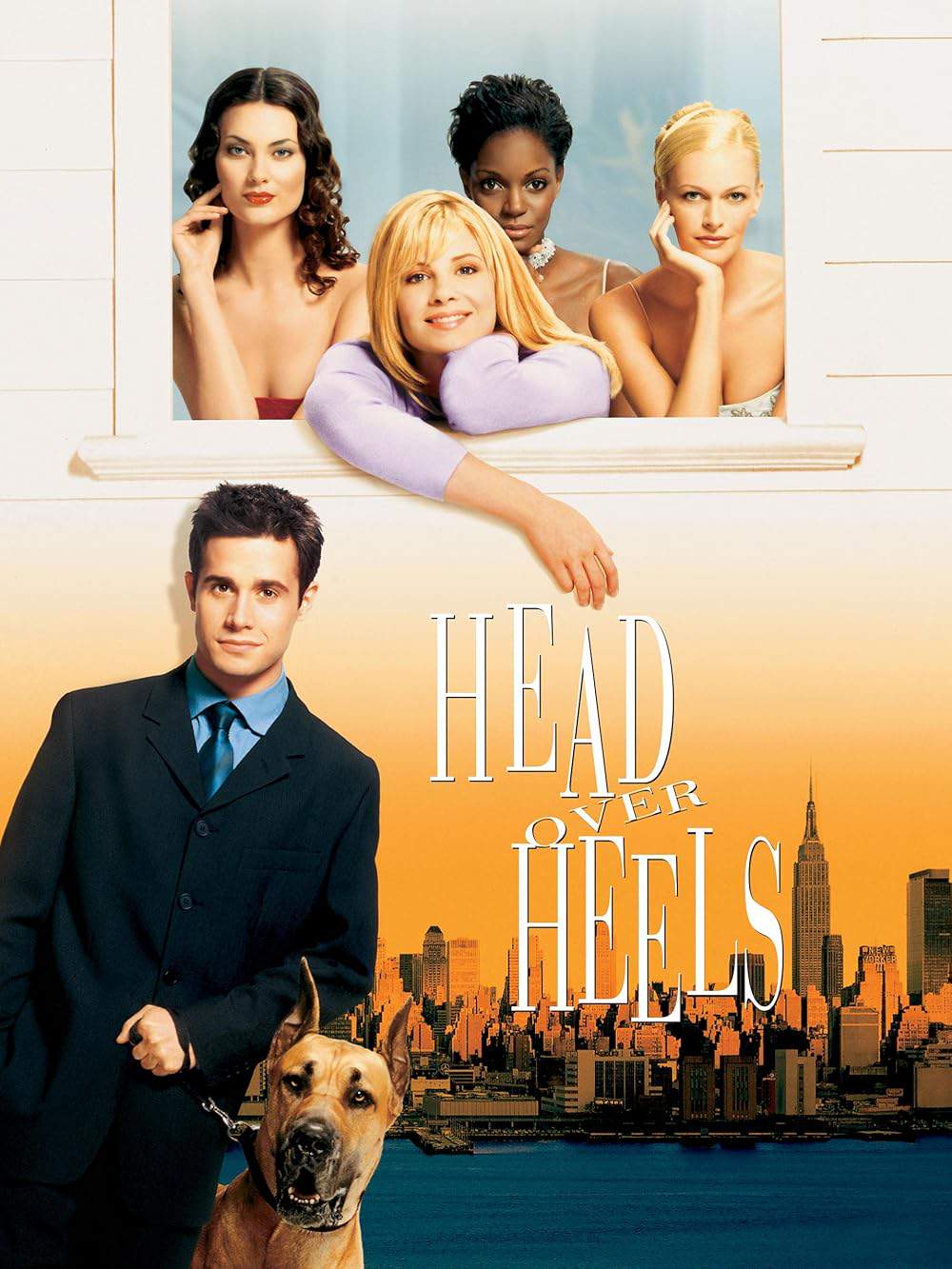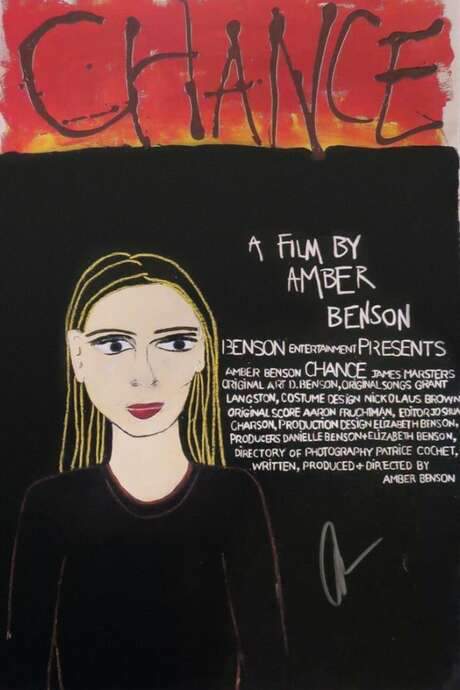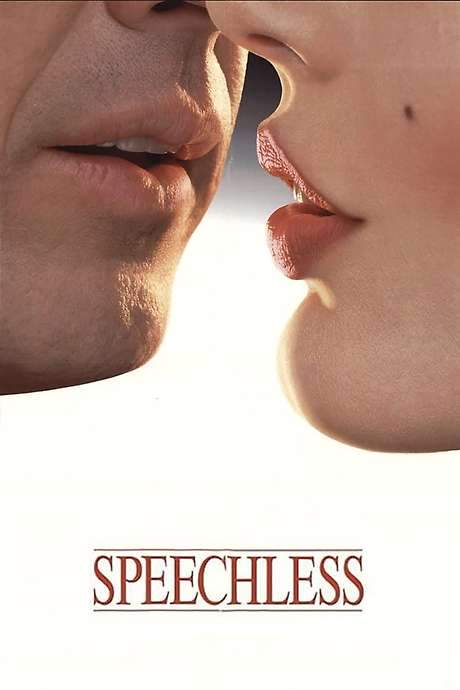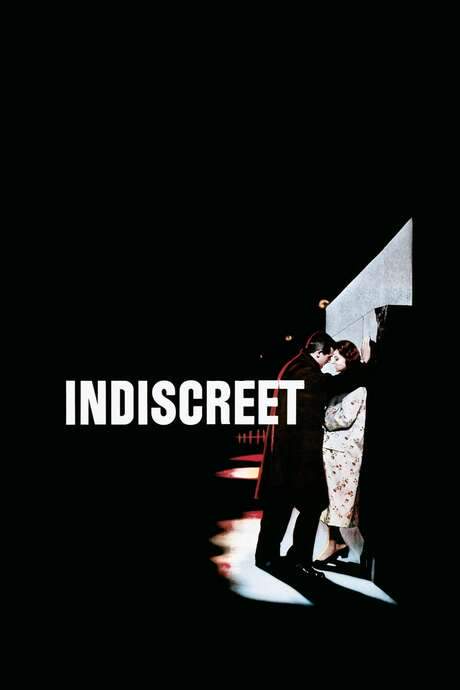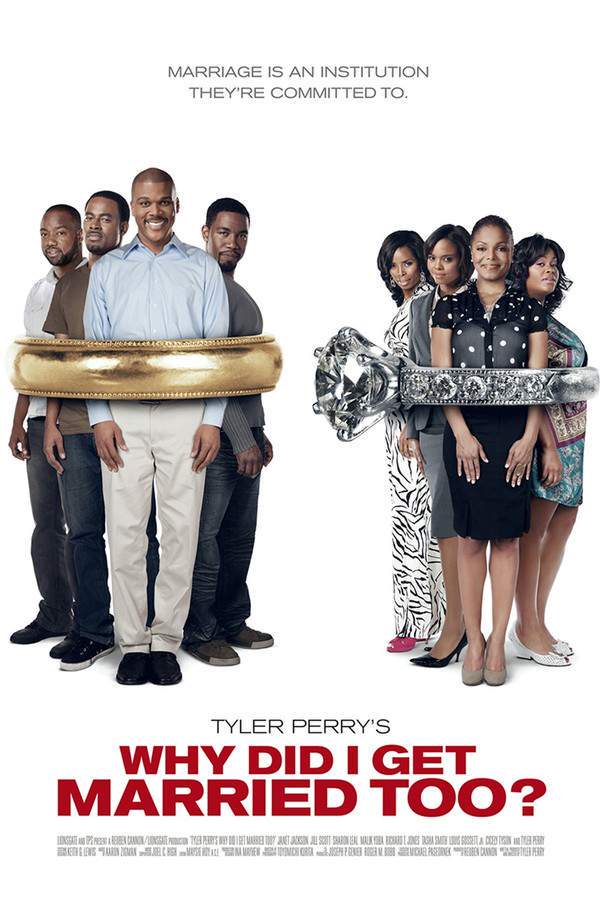
Too Many Husbands
Year: 1940
Runtime: 81 mins
Language: English
Director: Wesley Ruggles
JUST MARRIED…BUT TO WHOM? Long-missing Bill Cardew returns to find his wife Vicky remarried…and in no hurry to settle for just one husband.
Warning: spoilers below!
Haven’t seen Too Many Husbands yet? This summary contains major spoilers. Bookmark the page, watch the movie, and come back for the full breakdown. If you're ready, scroll on and relive the story!
Too Many Husbands (1940) – Full Plot Summary & Ending Explained
Read the complete plot breakdown of Too Many Husbands (1940), including all key story events, major twists, and the ending explained in detail. Discover what really happened—and what it all means.
Vicky Lowndes [Jean Arthur] loses her first husband, Bill Cardew [Fred MacMurray], who is presumed drowned at sea and declared legally dead, leaving her to weather a sense of loneliness that is gently soothed by Bill’s closest confidant and publishing partner, Henry Lowndes [Melvyn Douglas]. Six months after the tragedy, a quiet hope blooms into reality as Vicky and Henry marry, seeking companionship and stability in the wake of loss. Yet the newlyweds’ domestic calm is unsettled when Vicky discovers that Henry is quietly removing Bill’s name from his old office, insisting that his own name should stand in memory of her late husband. The clash between memory, duty, and affection foreshadows the comedy and conflict to come.
On the day Henry’s name is slated to disappear from the office door, Bill unexpectedly resurfaces, having survived on a deserted island before being rescued. He phones home and convinces Vicky’s father, George [Harry Davenport], that he has returned. Bill urges George to arrange a meeting at the airport that evening, and a tense confrontation unfolds as George breaks the news to a stunned Vicky. She plans to have Bill meet Henry at the airport, but Bill insists on accompanying her so that both men can hear the truth from Henry together. The moment arrives, and Vicky’s attempt to deliver the news is fraught with emotion. Henry’s initial response is swift and sharp, accusing Bill of faking his death to dodge the waiting period required by law for a missing person to be declared dead. What follows is a real test of loyalties: Vicky does not want either man to withdraw, and she finds herself caught in the middle as both Henry and Bill press their case, each appealing to shared memories of happier days.
With her heart pulled in different directions, Vicky contemplates a radical, almost playful solution: two husbands, under the same roof, competing for her attention. The men, far from being enemies, become rivals in love and wryly engage in a staged “courtship” under her father’s wary eye. They agree to an unusual arrangement—each man will stay, while the other keeps vigil, so no one can slip away or threaten the delicate balance of the situation. The household gears grind against social expectation and the law, as Vicky’s father, George, voices a steady disapproval of the scandal in the making. Both men, worn by long stretches of distraction and inconsiderate behavior, long for a chance to reclaim the love they shared with Vicky, while she vacillates between nostalgia and the pull of reality.
The situation grows more comic and more tense as the men decide to determine who gets to remain by drawing lots for a paper marked with an “X.” Bill draws a losing blank, only to discover that Henry has manipulated the game by leaving both papers blank and letting Bill draw first. What seems like a lighthearted gambit escalates into a minor feud as the two men hurry to reveal Henry’s deceitful slip. In the ensuing hours, Vicky’s sense of certainty dissolves further as she uses memories of their good times to soothe her doubts, even as the two husbands silently compete for her favor.
Fate takes another turn when the two men, feeling slighted or simply restless, vanish for a stretch, prompting Vicky to call the Missing Persons bureau. In a moment of social misguidance—one of those comic misunderstandings that fuels farce—she inadvertently reports her husbands as missing while trying to explain her relationship to each man. When the men finally return, the police arrive, and the household’s dynamics tilt once again: the authorities address Vicky as “Mrs. Cardew,” underscoring the legal and social complexities of her situation. A quiet but telling nudge from the detective crew, along with the butler and George, confirms that she is married to “Mr. Lowndes,” yet the misdirection remains a source of embarrassment and public scrutiny.
The scandal erupts in the press, and the legal verdict follows: Vicky’s bigamy is deemed unintentional, but she remains legally married to Bill, creating a delicate truce between past and present. The two men, now reminded of their shared affection for Vicky, express sympathy for Henry’s disappointment and the sense of exclusion he feels from the unconventional arrangement. That evening, Bill treats Vicky to a celebratory dinner, and Henry joins them, not willing to walk away but rather to watch as life moves forward. A sense of wary camaraderie settles over the table, and Henry offers travel brochures to Bill, signaling an opaque but hopeful future in which Bill might journey again—and Henry, in all probability, will be waiting. In a moment that blends comedy, romance, and mutual respect, Henry asks Vicky for a consolation dance, and she agrees, inviting both men into a shared rhythm on the floor.
As the music swells and the trio moves in step, Bill and Henry repeatedly step in to replace one another, never fully relinquishing their claim to Vicky’s heart but also never denying the possibility of a peaceful coexistence. The film closes on a jubilant, slightly cheeky note: a trio of dancers, a reminder that love can be generous and resilient even when it defies convention. In the final tableau, Vicky beams with a bright, slightly mischievous grin as she proclaims, “We’ll have to do this often!”
We’ll have to do this often!
Last Updated: October 09, 2025 at 12:31
Explore Movie Threads
Discover curated groups of movies connected by mood, themes, and story style. Browse collections built around emotion, atmosphere, and narrative focus to easily find films that match what you feel like watching right now.
Witty Marriage Farces and Love Triangles like Too Many Husbands
Stories where tangled relationships become a playground for clever banter and comedic chaos.Explore movies like Too Many Husbands that delight in the complications of love triangles and unconventional relationships. If you enjoyed the clever repartee and playful chaos of this classic screwball comedy, you'll find similar charming stories of romantic rivalry and social absurdity here.
Narrative Summary
These narratives typically begin with a social transgression or misunderstanding, such as a secret marriage or a presumed-dead spouse's return. The plot then escalates through a series of increasingly absurd confrontations and deceptions, driven by witty dialogue and character chemistry, before reaching a happy, often unconventional, resolution that celebrates love over societal rules.
Why These Movies?
Movies are grouped here because they share a specific comedic structure built on romantic rivalry. They prioritize cleverness over cruelty, charm over drama, and deliver a consistently upbeat, fast-paced experience focused on verbal sparring and situational humor.
Charming Comedies with Delightful Chemistry like Too Many Husbands
Movies where sparkling character dynamics and joyful interactions make the story sing.Find movies like Too Many Husbands that shine because of their fantastic character chemistry. If you loved the charming interactions and witty interplay between the characters in this film, this collection features similar stories where the joy comes from watching charismatic characters spar and connect.
Narrative Summary
The narrative journey in these films is less about high-stakes conflict and more about the evolution of a dynamic relationship. The story unfolds through a series of encounters that allow the characters to showcase their chemistry, whether through verbal sparring, collaborative schemes, or romantic tension, leading to a satisfying and joyful conclusion.
Why These Movies?
These films are grouped together because the central pleasure they offer is the infectious energy and charm of their character interactions. They share a buoyant, optimistic mood and a focus on human connection as the primary source of comedy and delight.
Unlock the Full Story of Too Many Husbands
Don't stop at just watching — explore Too Many Husbands in full detail. From the complete plot summary and scene-by-scene timeline to character breakdowns, thematic analysis, and a deep dive into the ending — every page helps you truly understand what Too Many Husbands is all about. Plus, discover what's next after the movie.
Too Many Husbands Timeline
Track the full timeline of Too Many Husbands with every major event arranged chronologically. Perfect for decoding non-linear storytelling, flashbacks, or parallel narratives with a clear scene-by-scene breakdown.

Characters, Settings & Themes in Too Many Husbands
Discover the characters, locations, and core themes that shape Too Many Husbands. Get insights into symbolic elements, setting significance, and deeper narrative meaning — ideal for thematic analysis and movie breakdowns.

Too Many Husbands Spoiler-Free Summary
Get a quick, spoiler-free overview of Too Many Husbands that covers the main plot points and key details without revealing any major twists or spoilers. Perfect for those who want to know what to expect before diving in.

More About Too Many Husbands
Visit What's After the Movie to explore more about Too Many Husbands: box office results, cast and crew info, production details, post-credit scenes, and external links — all in one place for movie fans and researchers.

Similar Movies to Too Many Husbands
Discover movies like Too Many Husbands that share similar genres, themes, and storytelling elements. Whether you’re drawn to the atmosphere, character arcs, or plot structure, these curated recommendations will help you explore more films you’ll love.
Explore More About Movie Too Many Husbands
Too Many Husbands (1940) Scene-by-Scene Movie Timeline
Too Many Husbands (1940) Movie Characters, Themes & Settings
Too Many Husbands (1940) Spoiler-Free Summary & Key Flow
Movies Like Too Many Husbands – Similar Titles You’ll Enjoy
Why Did I Get Married Too? (2010) Plot Summary & Ending Explained
One Too Many (1916) Ending Explained & Film Insights
Three Husbands (1950) Full Summary & Key Details
The Trouble with Husbands (1940) Detailed Story Recap
Fifty Million Husbands (1930) Full Summary & Key Details
Wives and Lovers (1963) Film Overview & Timeline
Her Husband’s Affairs (1947) Spoiler-Packed Plot Recap
Too Many Mammas (1924) Spoiler-Packed Plot Recap
Too Many Cooks (1931) Movie Recap & Themes
My Favorite Wife (1940) Spoiler-Packed Plot Recap
We’re Not Married! (1952) Movie Recap & Themes
Calling All Husbands (1940) Spoiler-Packed Plot Recap
Too Many Lovers (1957) Ending Explained & Film Insights
My Wife’s Relations (1922) Ending Explained & Film Insights
Husband Hunters (1927) Spoiler-Packed Plot Recap

